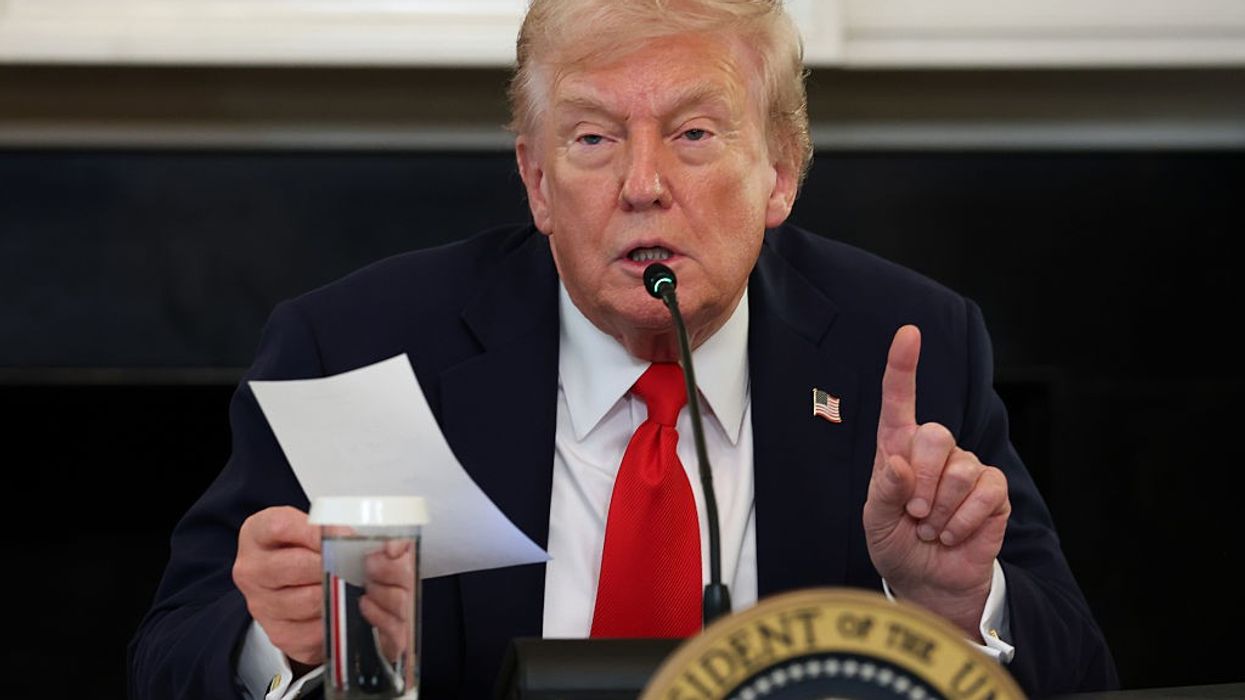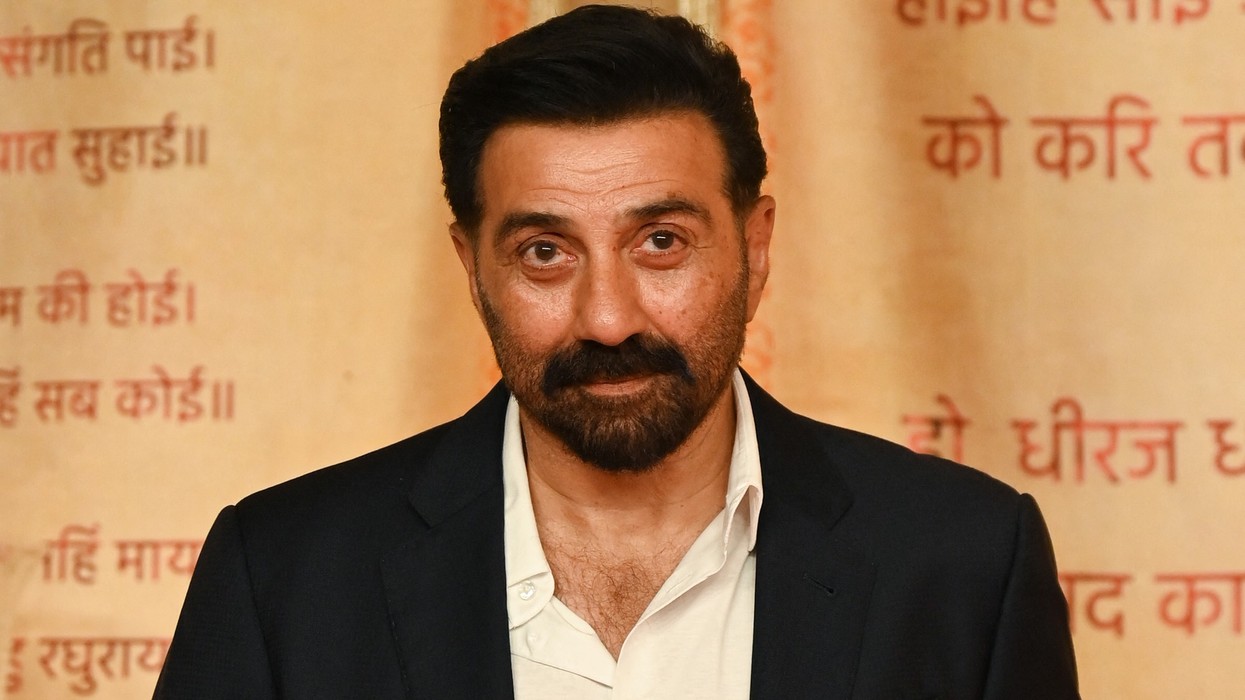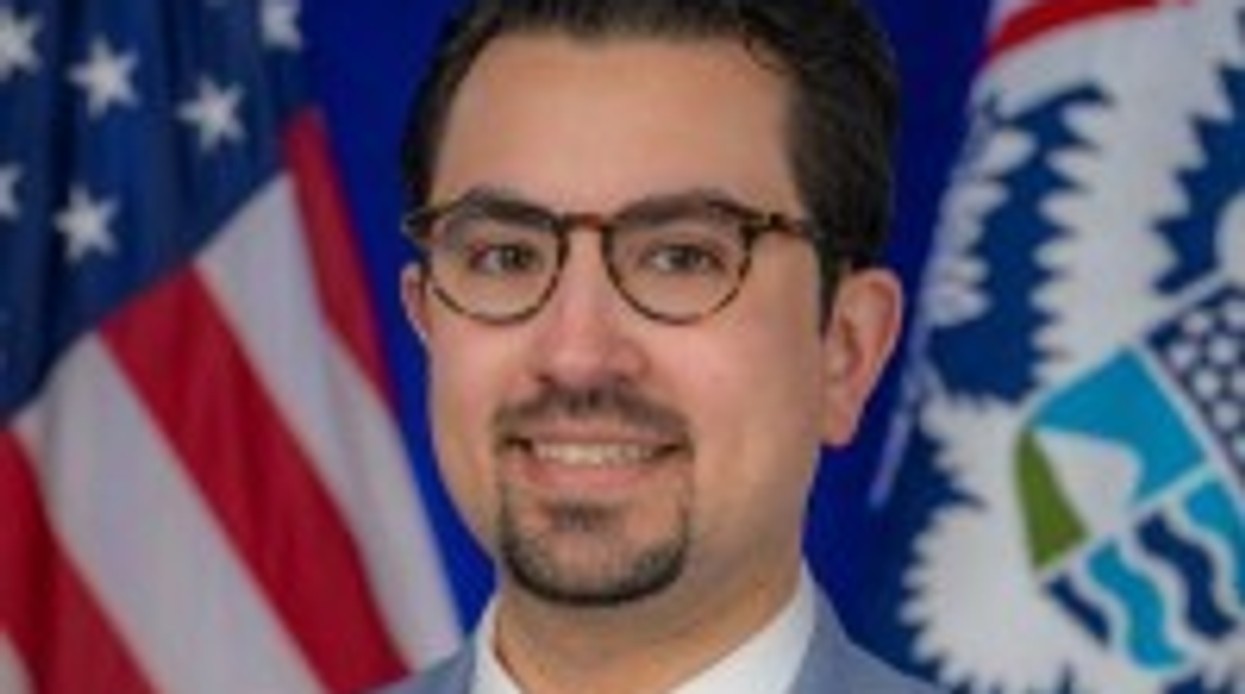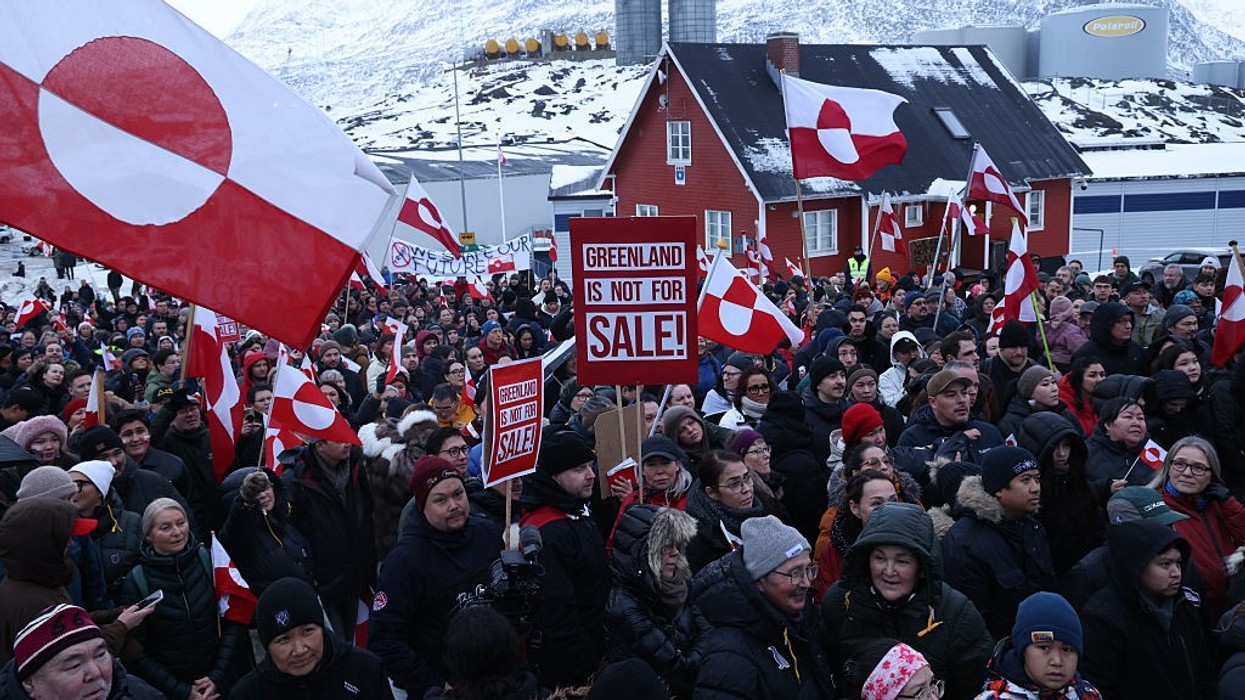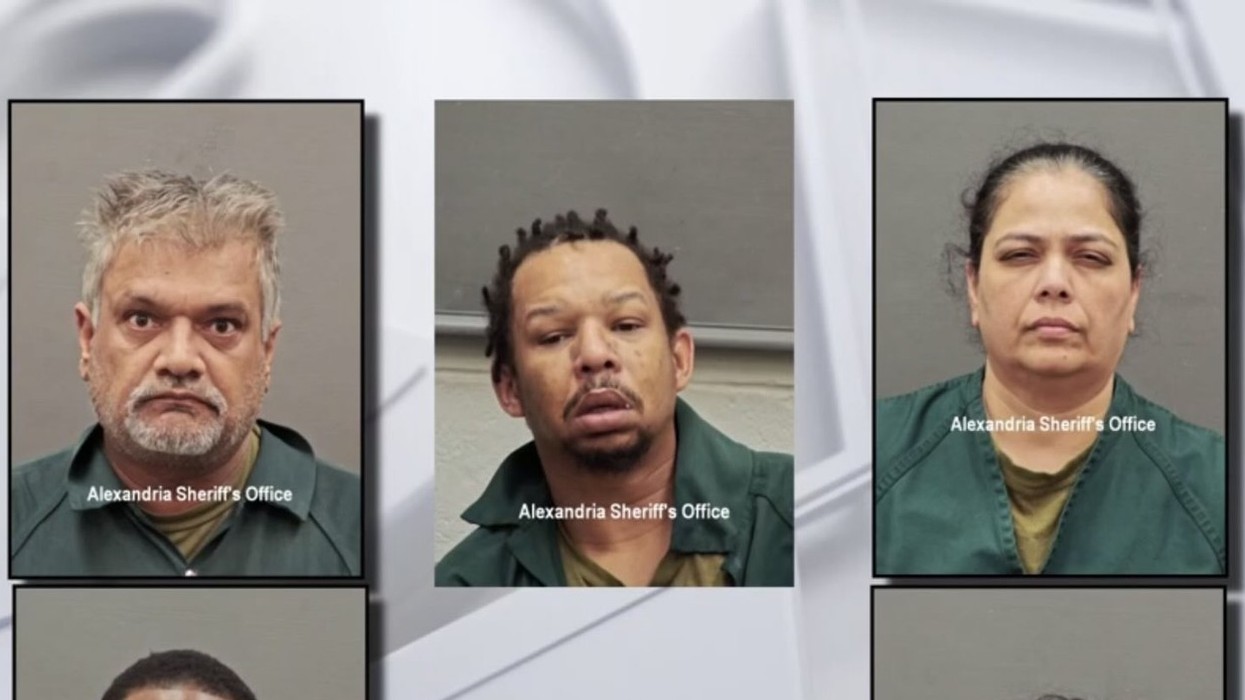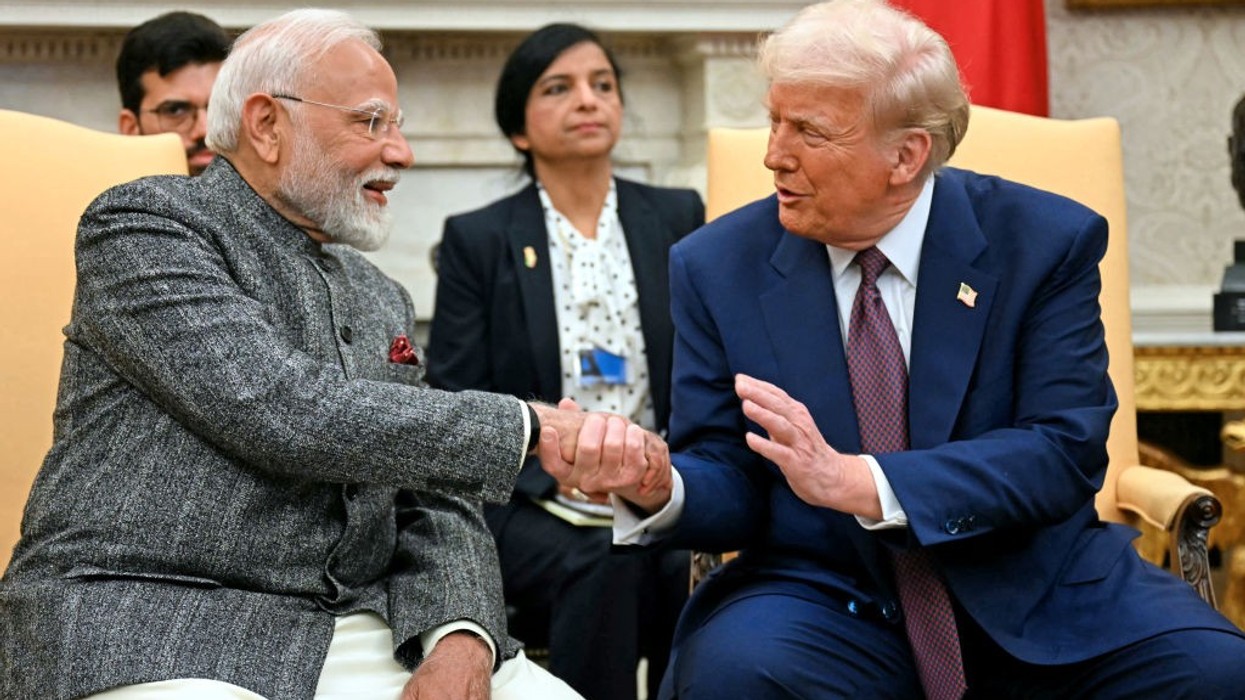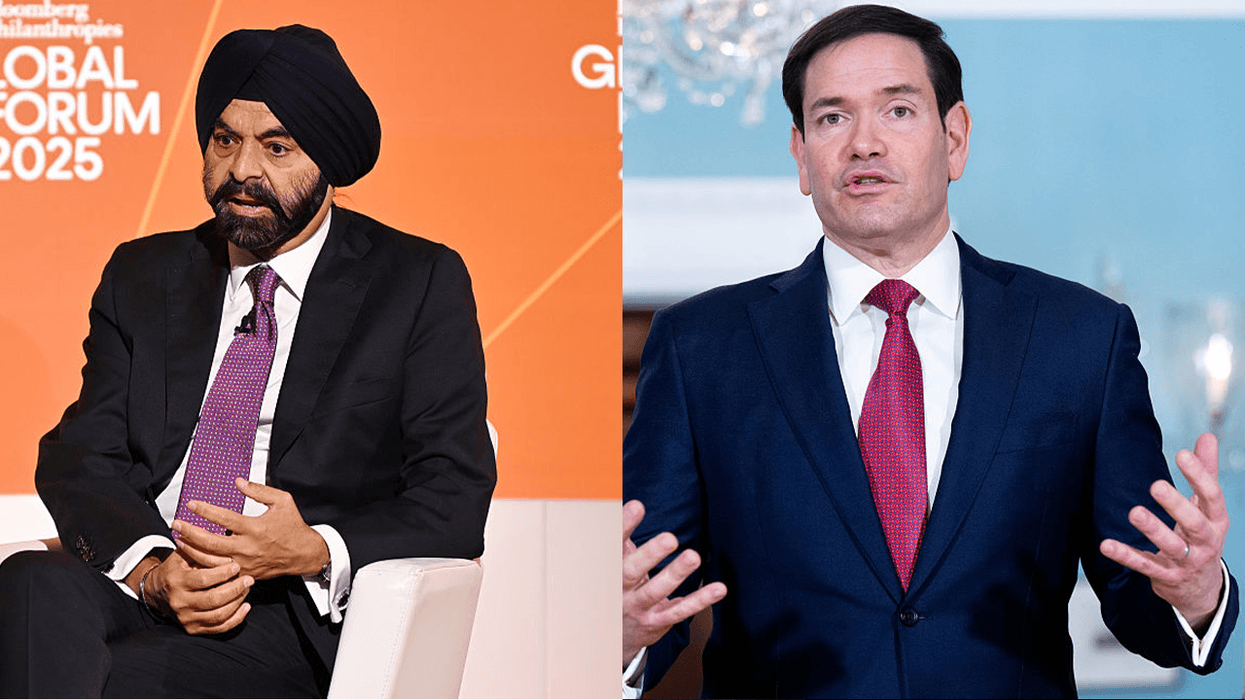Highlights:
- Trump says India has “stopped” buying Russian oil.
- India says it’s diversifying energy sources.
- U.S. doubles tariffs on Indian goods to 50 per cent.
- Trump claims he mediated India-Pakistan ceasefire.
- India denies U.S. role, cites direct military talks.
President Donald Trump has reiterated that India will no longer be buying oil from Russia, asserting that New Delhi has already “de-escalated” and “more or less stopped” its crude imports from Moscow. Speaking during a bilateral lunch with Ukrainian President Volodymyr Zelenskyy on Friday, Trump stated, “India will not be buying oil from Russia; they have already de-escalated and they have more or less stopped. They are pulling back. They have bought about 38% of the oil, and they won’t be doing it anymore.”
Just a day earlier, India clarified that it was “broad-basing and diversifying” its energy sources to meet evolving market needs, hours after Trump claimed that Prime Minister Narendra Modi had assured him that New Delhi would end Russian crude procurement.
Washington has repeatedly maintained that India’s continued purchase of Russian oil helps finance President Vladimir Putin’s war in Ukraine. The issue has added to the growing strain between New Delhi and Washington, already intensified after Trump’s decision to double tariffs on Indian goods to 50 per cent. He also imposed an additional 25% duty specifically targeting India’s Russian crude imports. In response, India called the move “unfair, unjustified, and unreasonable,” highlighting the challenges facing the strategic relationship between the two democracies.
Amid this backdrop, Trump also reiterated his earlier claims of having mediated peace between India and Pakistan, crediting himself for preventing a potential nuclear conflict. “The Prime Minister of Pakistan said I saved millions of lives by interceding. You look at Pakistan and India — that would have been a bad one for two nuclear nations,” Trump remarked.
The U.S. President was referring to his May 10 social media post, where he announced that India and Pakistan had agreed to a “full and immediate” ceasefire after what he described as a “long night” of Washington-led talks. Since then, Trump has frequently repeated that he “helped settle” the conflict.
However, India has consistently maintained that the ceasefire understanding with Pakistan was reached through direct talks between the Directors General of Military Operations (DGMOs) of both militaries, without any third-party mediation.
The agreement followed India’s launch of Operation Sindoor on May 7, which targeted terror infrastructure in Pakistan and Pakistan-occupied Kashmir in retaliation for the April 22 Pahalgam attack that killed 26 civilians. After four days of intense cross-border drone and missile strikes, both nations reached an understanding on May 10 to cease hostilities.
Despite Washington’s insistence and Trump’s repeated claims, New Delhi continues to assert its independent foreign policy stance, emphasizing that all decisions regarding its energy imports and regional security are made based on national interest and sovereign priorities.
